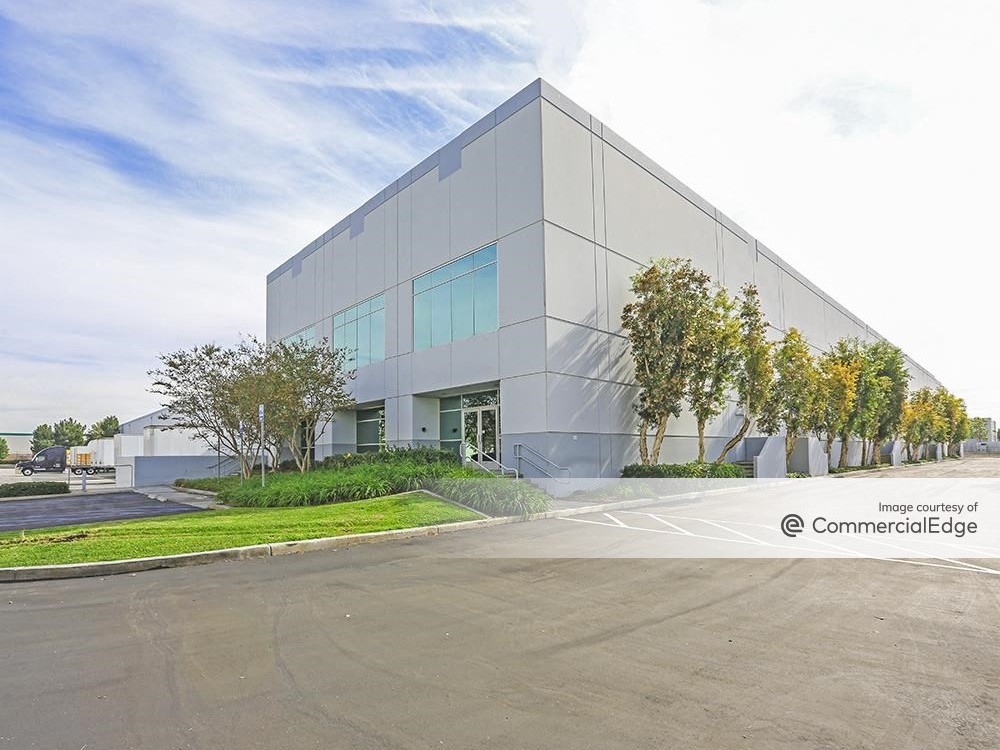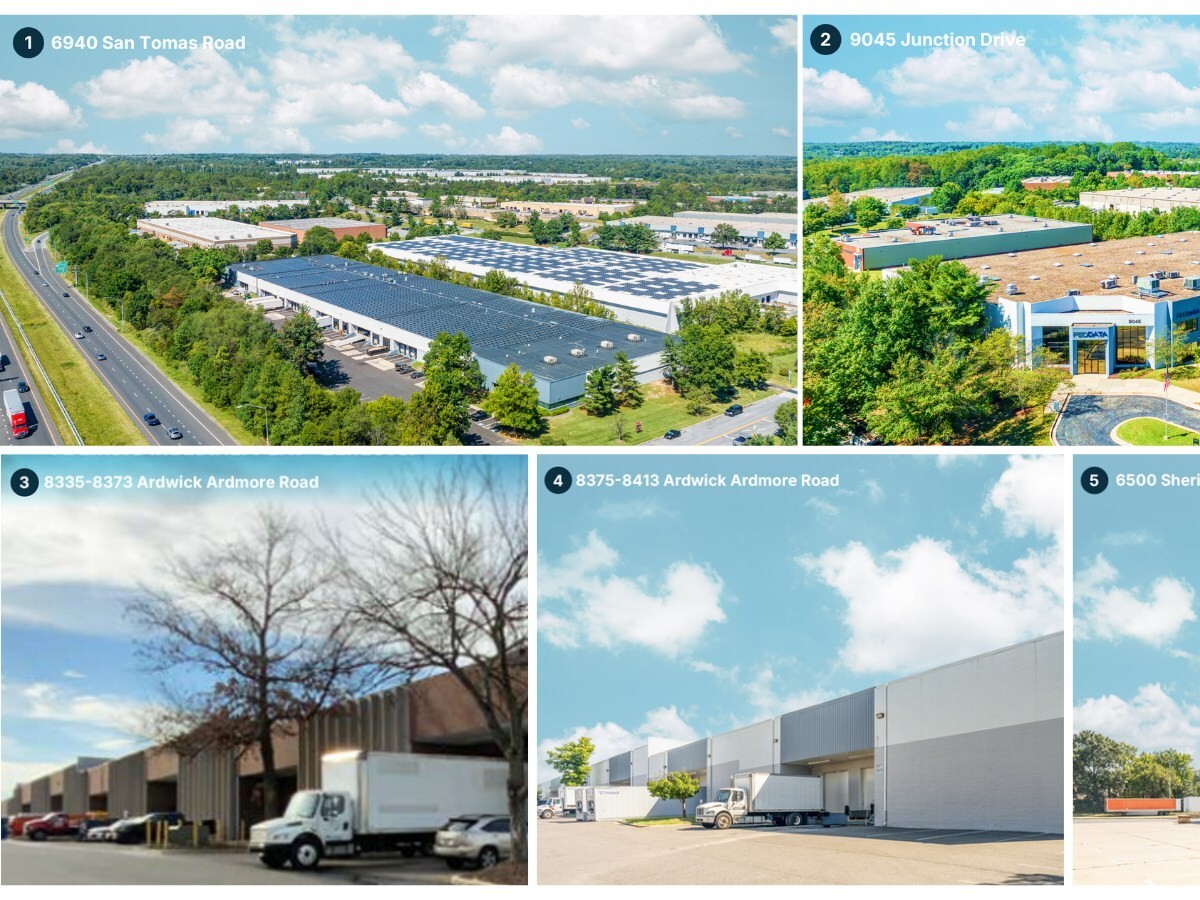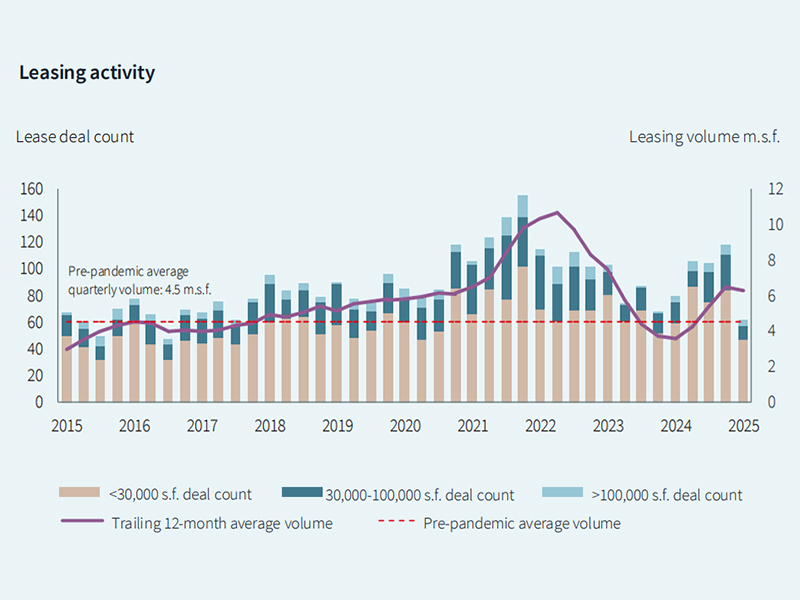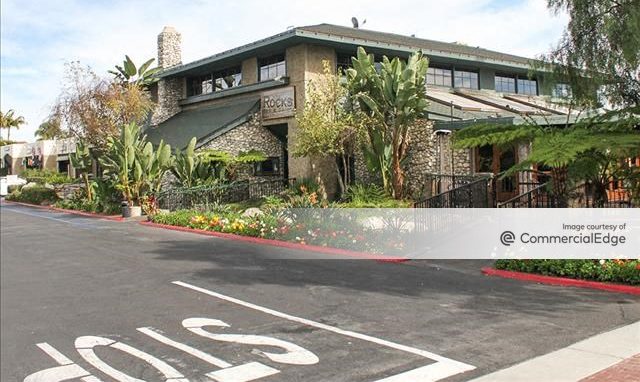Q&A: Ken Loughran, Westwood Financial
By Eliza Theiss, Associate Editor Westwood Financial Corp. is one of the largest privately held owner-operators of retail properties in the U.S., currently holding more than 115 shopping center and retail properties in 26 metropolitan markets. Based in Los Angeles, the 44-year-old company boasts satellite offices in Atlanta, Dallas and Scottsdale, Ariz. Kenneth Loughran, senior [...]
 By Eliza Theiss, Associate Editor
By Eliza Theiss, Associate Editor
Westwood Financial Corp. is one of the largest privately held owner-operators of retail properties in the U.S., currently holding more than 115 shopping center and retail properties in 26 metropolitan markets. Based in Los Angeles, the 44-year-old company boasts satellite offices in Atlanta, Dallas and Scottsdale, Ariz.
Kenneth Loughran, senior vice president of asset management, has been with Westwood Financial since 1999. He oversees the leasing and property management departments, as well as redevelopment projects. Loughran also serves on the company’s executive committee. Prior to joining Westwood Financial, he was with Auburndale Properties in Los Angeles from 1988 to 1999.
Loughran graduated from the University of California, Berkeley, with an A.B. in political science and received a Juris Doctorate from Santa Clara University. He is a member of the International Council of Shopping Centers.
He offers his views on the Charlotte, N.C., market, where Westwood Financial has been investing for the past three years. It currently owns four grocery-anchored shopping centers there totaling 315,000 square feet: Cherry Road Crossing, Johnston Road Plaza, Steele Creek Crossing and Steelecroft Shopping Center.
Q: Why did you decide to invest in Charlotte?
A: It’s a major city in the south, with solid employment and overall low vacancy rates. It’s also easy to access, thanks to Charlotte Douglas International Airport, with direct flights from LAX.
Q: How has the Charlotte retail market been performing, and how has that impacted your management and leasing strategy there?
A: Charlotte’s performance is excellent. The local retail market has an overall vacancy rate below 2 percent and expected to further improve! Low vacancy means we can be more selective in which tenants we lease to.
Q: WFC recently signed Publix as the anchor tenant to Cherry Road Crossing. What determined the selection of Publix?
A: Bi Lo, which was the previous anchor tenant, sold a number of its stores to Publix. So the selection of Publix as the new anchor was a collaborative effort to help reinforce the assignment from Bi Lo to Publix, and furthered the already outstanding Publix/WFC relationship that was established by the operations team over a 10-year period.
Q: How does Charlotte’s current retail market compare to the national retail performance?
A: Net absorption of retail/commercial real estate continues to be positive nationally, as well as in the Charlotte MSA. The Charlotte retail market, with 62.3 million square feet of retail space, hovers at 7 percent vacancy with new product delivered in the second quarter of 2014. This is the 39th lowest vacancy rate of all U.S. major cities. Comparably, the national vacancy rate is 6.5 percent. With interest rates remaining low, Charlotte has multiple new developments in the development pipeline in both the multi-family and retail sectors. Although new retail projects are underway, the annual delivery of square footage has been outpaced by absorption.
Grocery-anchored centers as well as single-tenant properties continue to be in strong demand, as Charlotte ranks in the top 10 fastest-growing cities in the U.S. Cap rates remain steady for Class A properties, ranging from 5.25 to sub-7 percent. Furthermore, the grocery wars that rage on nationally appear with focused intensity in the Charlotte MSA, with Kroger’s purchase of Harris Teeter, Publix’s entry into North Carolina, multiple new Walmart Neighborhood Markets and Whole Foods’ expansion from one store to three and the potential entry of Sprouts.
Q: What is the outlook for Charlotte’s retail market?
A: Positive. The unemployment rate is 6 percent, and consumer spending is improving moderately. National home builders have restarted lot contracting and expanding entitled subdivisions, thus driving retail development. Charlotte Premium Outlets, a joint venture between Simon Property and Tanger Factory Outlets, opened in summer 2014 (details here). New restaurant concepts — including national brands, regional concepts and mom-and-pop startups — are emerging in burger, chicken, BBQ and bakery categories. With over 700,000 square feet of new retail projected, the growth has eclipsed annual deliveries over the past four years and is expected to continue. In addition, investors are jockeying for shopping center offerings in the Charlotte MSA.
Q: What are your future investment plans for the Charlotte area?
A: If the right opportunity presents itself, Westwood Financial Corp. will definitely be a buyer.







You must be logged in to post a comment.